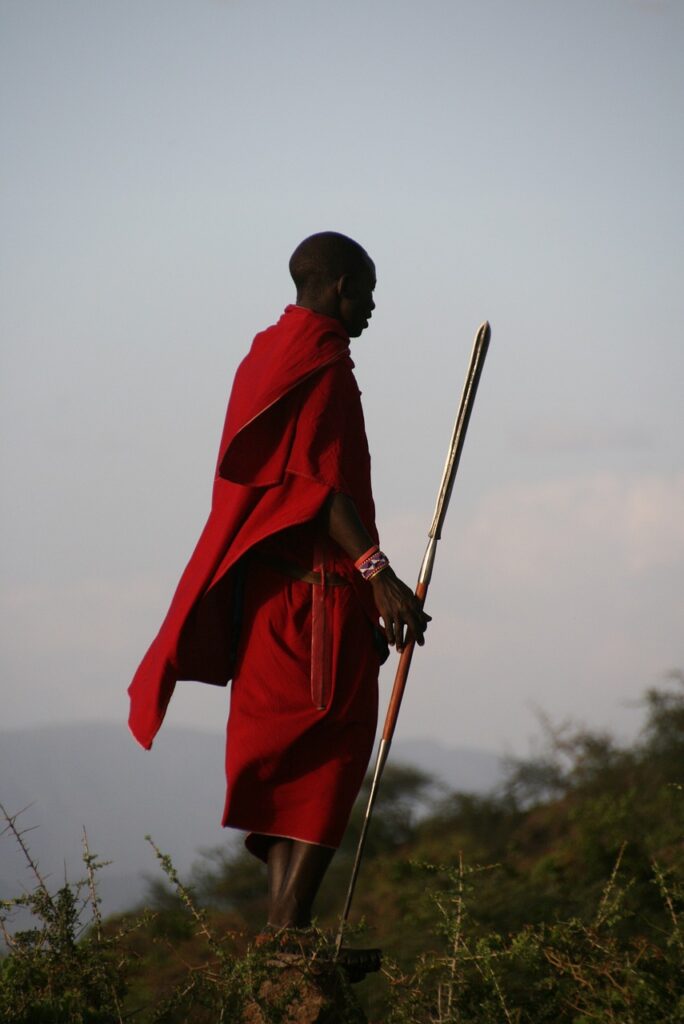Family is the cornerstone of Tanzanian society, shaping social dynamics, cultural practices, and community life. Understanding the diverse family structures and social roles in Tanzania provides valuable insights into the nation’s cultural fabric. This blog post explores the various family models, social hierarchies, and the evolving dynamics within Tanzanian communities.
Extended Families and Communal Living
In many Tanzanian cultures, extended families are the norm, with multiple generations living together or in close proximity. This structure fosters strong familial bonds, mutual support, and collective responsibility.
Patriarchal and Matriarchal Societies
While many Tanzanian communities follow a patriarchal structure, where men hold primary authority, there are also matriarchal societies where women play central roles in family and community decisions. Understanding these dynamics highlights the diversity of social organization in Tanzania.
Roles and Responsibilities Within the Family
- Elders: Respected for their wisdom and experience, elders provide guidance and make important decisions affecting the family and community.
- Parents and Children: Parents are responsible for nurturing and educating their children, instilling cultural values and traditions.
- Gender Roles: Traditional gender roles often assign specific duties to men and women, although these roles are evolving with modernization and education.


Marriage Customs and Family Formation
Marriage is a significant cultural event in Tanzania, with customs varying across ethnic groups. Common practices include:
- Bride Price (Dowry): In many communities, the groom’s family provides a bride price to the bride’s family as a sign of respect and commitment.
- Traditional Ceremonies: Weddings often feature elaborate rituals, dances, and feasts that celebrate the union and reinforce social bonds.
Changing Family Dynamics in Modern Tanzania
Urbanization, education, and economic changes are influencing family structures in Tanzania. Nuclear families are becoming more prevalent, and there is a gradual shift towards more egalitarian relationships and shared responsibilities between spouses.
Impact of Migration and Globalization
Migration, both within Tanzania and internationally, affects family dynamics by introducing new cultural influences and altering traditional roles. Remittances from family members abroad also play a crucial role in supporting households and communities.
Family in Tanzanian Festivals and Celebrations
Family participation is central to Tanzanian festivals and cultural celebrations. These events reinforce familial bonds, cultural identity, and community spirit through shared activities and traditions.
Experiencing Tanzanian Family Life on Safari
Future African Safari offers cultural immersion experiences where guests can visit local families, participate in daily activities, and gain firsthand insights into Tanzanian family life. These interactions provide a deeper understanding of the social dynamics that shape communities.
Tanzania’s family structures and social dynamics are a reflection of its diverse cultures and evolving societal norms. By exploring these aspects, safari guests can appreciate the intricate relationships and cultural values that underpin Tanzanian communities. Join us to experience the warmth and complexity of Tanzanian family life, enriching your safari journey with meaningful connections and cultural understanding.



